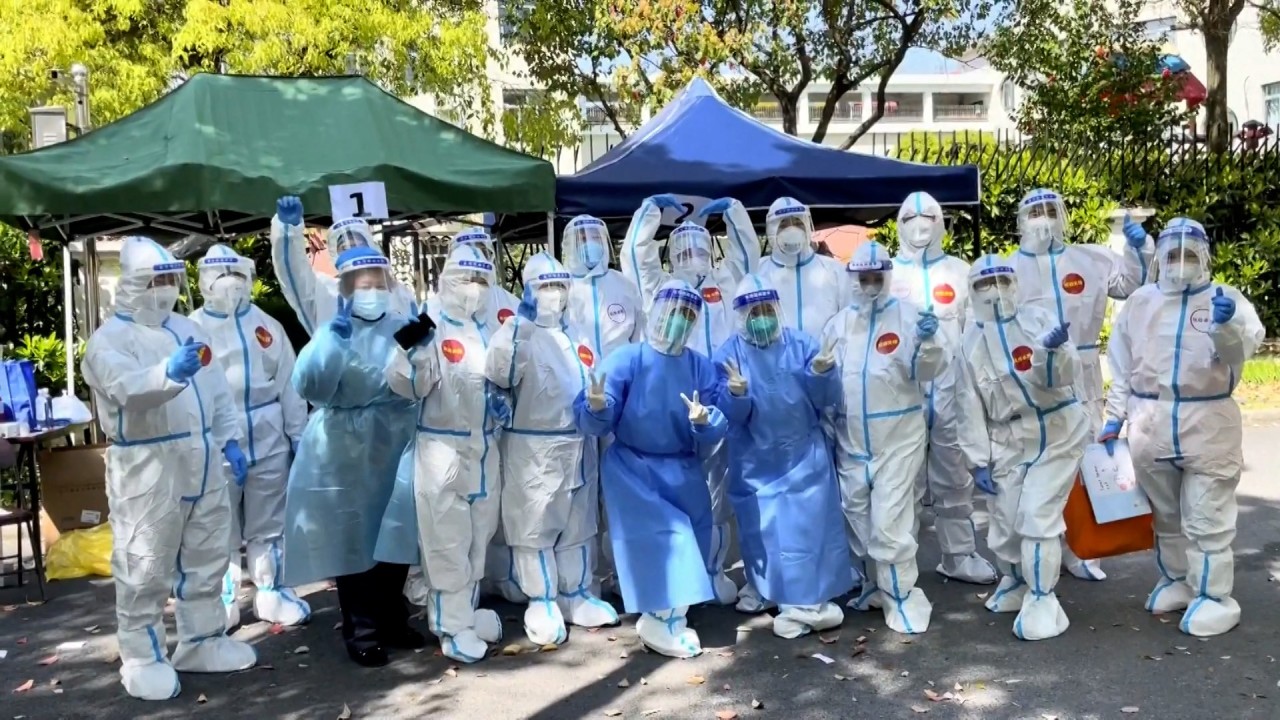
Covid-19 in China: Shanghai wasn’t prepared for Omicron, Zhong Nanshan says
- City did not grasp the nature of the highly transmissible coronavirus variant, he says
- Living with the virus not an option for China but ‘restrictions will gradually ease as part of zero-Covid’
The 25 million people in China’s financial hub have been under a de facto lockdown for more than a week to try to contain the country’s worst coronavirus outbreak since the pandemic began.
“[We] must block the transmission at the beginning of the outbreak.”
In a new daily high, Shanghai reported 22,609 new asymptomatic coronavirus cases and 1,015 symptomatic cases on Saturday.
To try to block further transmissions, vice-mayor Zong Ming said Shanghai would conduct a new round of citywide testing. But it would also use the results to relax some of its lockdown restrictions.
Along with strict lockdowns, mass testing is a central part of China’s dynamic zero-Covid strategy but even with the tough measures, it is becoming increasingly difficult to contain Omicron’s spread.
Nevertheless, the authorities are doubling down on the strategy.
“The policy conforms to national conditions, is based on science and has proven effective in containing clusters of infections within a few weeks in cities such as Nanjing, Tianjin and Xian over the past two years,” state news agency Xinhua said in a commentary on Saturday.
Communist Party mouthpiece People’s Daily took the same stand in a front-page commentary on Friday.
It said the more transmissible Omicron variant made it more difficult to detect the virus and prevent cases.
“The more this is the situation, the more we should stick to the general policy of dynamic zero-Covid without hesitation or wavering,” it said.
Zhong Nanshan agreed, saying China would gradually loosen restrictions under its dynamic zero-Covid approach but could not completely drop restrictions.
“The key issue in [combating] the pandemic is to minimise the transmission of the virus and the number of deaths,” he said.
While some countries have decided to coexist with the virus due to its mild symptoms and relatively low mortality rate, Zhong said there would be more deaths from Omicron if an outbreak occurred on a large scale.
“Completely opening up does not apply to China because it will increase the number of deaths,” he said.



